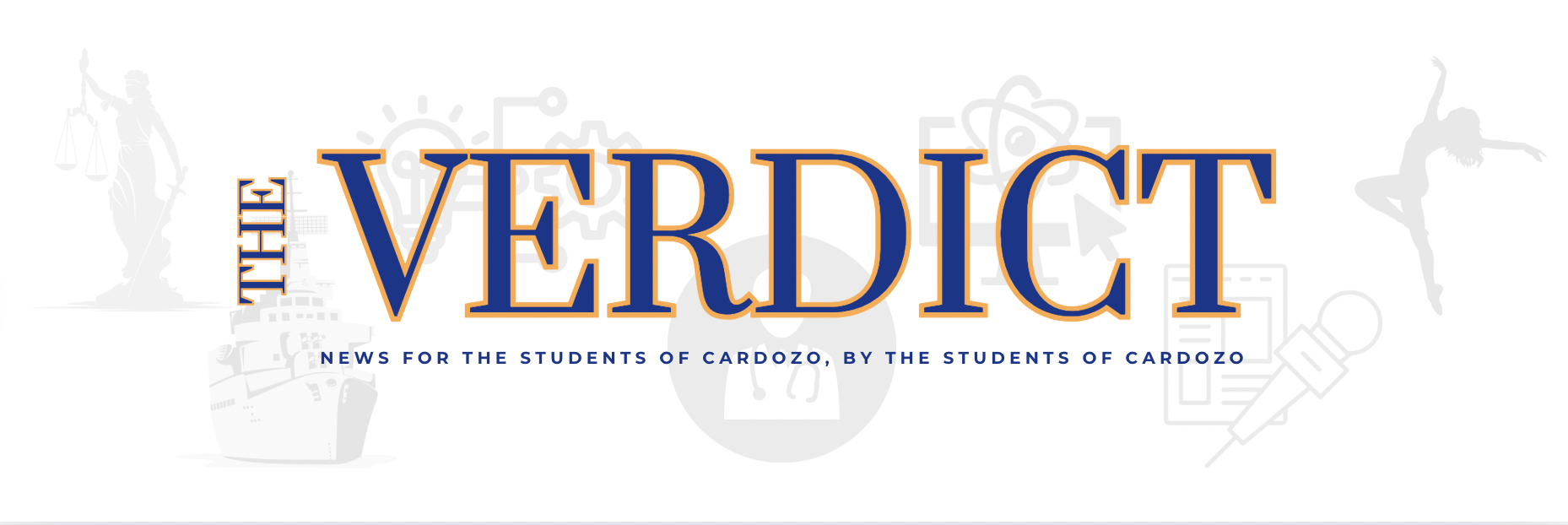It’s that time of year again: college application season. Will you be applying for the fall 2026 semester?
Many won’t, and that’s absolutely fine. Turning to trade schools, the military, and other post-secondary educational opportunities, more students are walking away from the traditional four-year degrees to pursue what fits them best. And in specific situations, some students don’t have a choice and jump straight into a job with only their high school diploma.
But, that doesn’t mean they should stop there.
It’s quite obvious that more entry-level jobs require college degrees for students to even be considered for the occupation. Georgetown University Center on Education and the Workforce even predicted that 72% of jobs in the United States will have requisites for applicants to have postsecondary degrees or training by 2031 to be eligible for the job. High school diplomas won’t be cutting it for higher paying jobs anymore as bachelor’s degrees become the new bare minimum for education.
High school diplomas are still widely accepted as enough for jobs such as fast food and counter workers since they require no actual studying. But if you’re looking to strike it rich, sorry to break it to you, but it’s impossible to do so with these types of jobs.
In fact, the unemployment rate for only having a high school diploma is 1.4% greater than having at least an associate’s degree. Completing college will change what was impossible to possible, increasing your chances of obtaining higher salaries and economic stability. If you want to advance in life, you’d better create your Common App account.
A vital tip for landing a job: you need experience. But how do you gain experience if you’re applying to your first career-related job?
Colleges can assist you in this dilemma. They have connections that can help you network around your industry and find internships, apprenticeships, and other golden opportunities. You can rack up a lot of experience for your resume as well as fine-tune your soft skills, such as time management and problem-solving, transforming you into a competitive, desirable choice.
The knowledge and connections you make at college can also empower you to make a difference in the world. Your hard skills developed from your classes become the building blocks for something greater than yourselves, and meeting new people exposes you to different perspectives that could open your mind to new levels of understanding. Together, you can become the exigency to change and fulfill personal dreams, creating a whole new meaning to your life.
However, a major downside ruins all the fun: the costs. College drains both your time and especially your money. Online college courses could potentially solve the time issue since they provide flexible schedules, but they are still as expensive as in-person courses. This is exactly why going to college is known as an “investment in yourself.”
After burning through scholarships, grants, and money collected via FAFSA, the rest of the debt is paid by your future job–the reason you went to school in the first place. It’s quite risky, especially if your chosen industry is extremely competitive, but it’s all worth it if you reach your desired outcome.
College may not be for everyone, which is why numerous paths after high school exist. Whatever path you decide should match your necessities and wishes. But remember, it’s never too late to go back to school.


